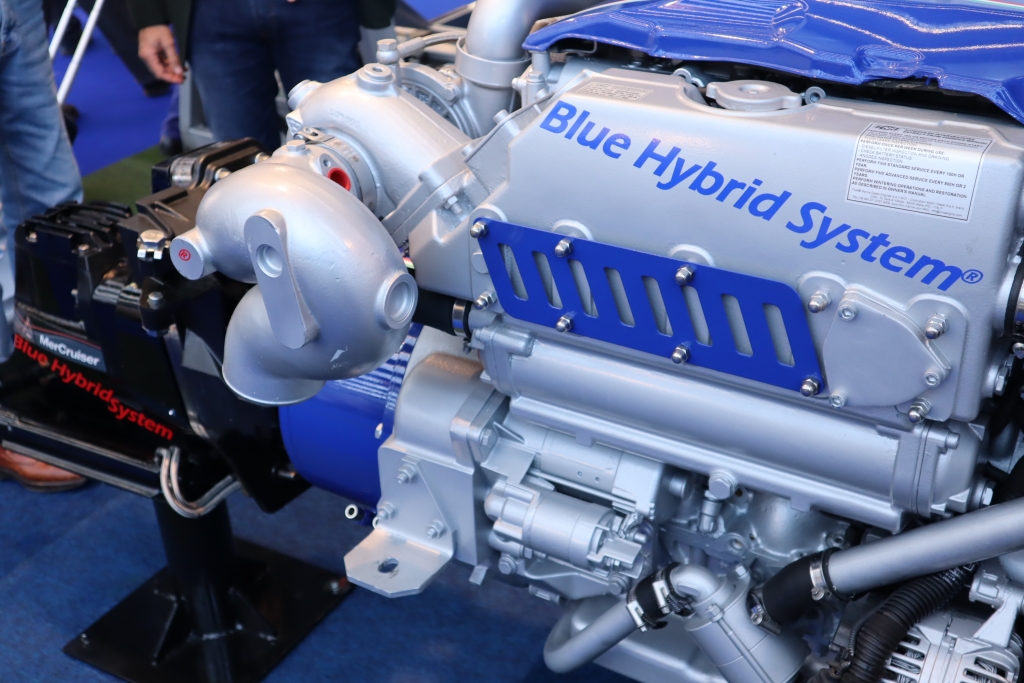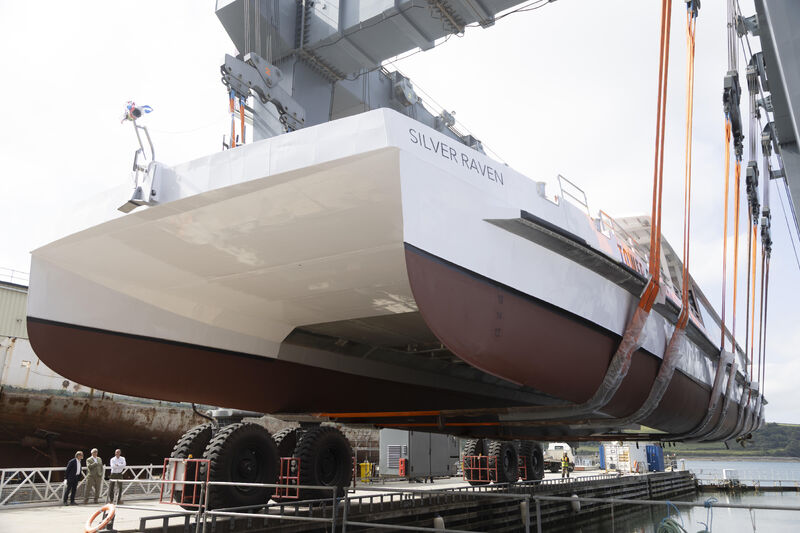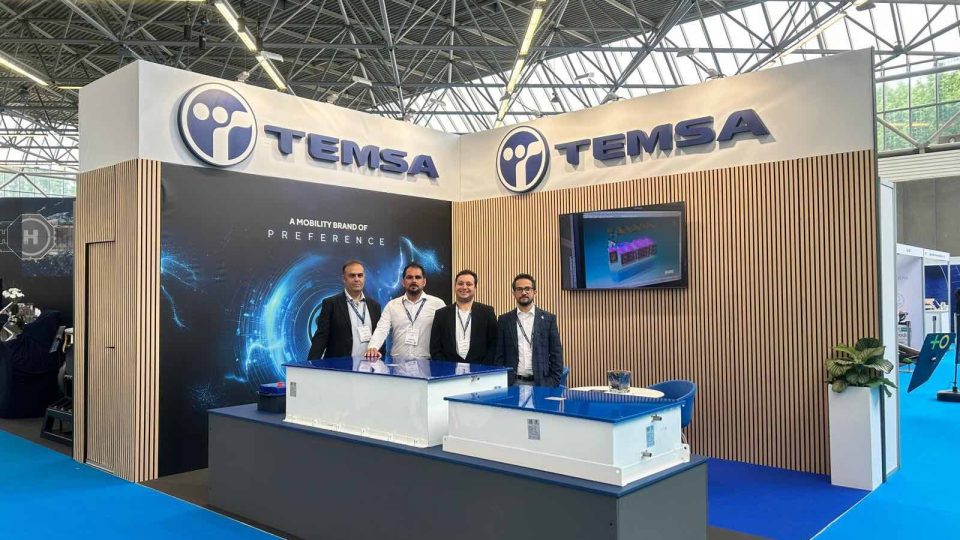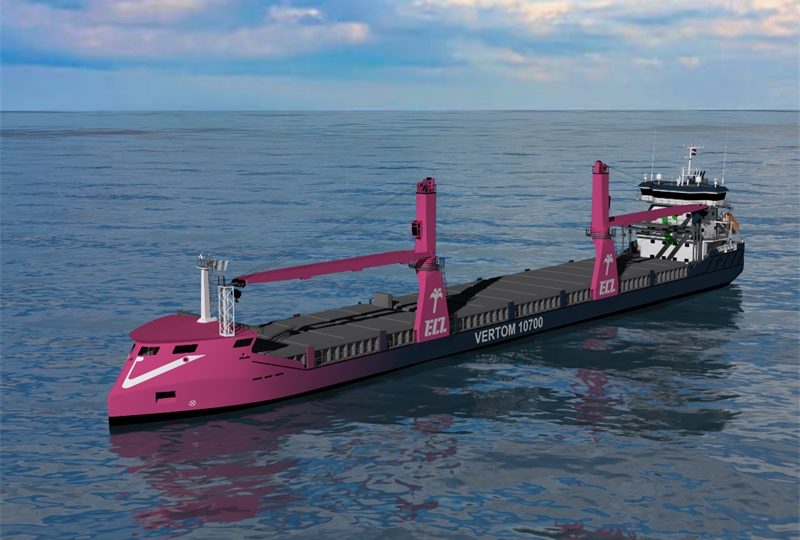Hydropod, the hydraulic pod from AS Labruna
Among the most interesting new products we saw at MetsTrade 2019 is definitely the HydroPod developed by AS Labruna. It is a hydraulic pod capable to deliver 500 horsepower (almost 368 kW) and 2,500 Nm of torque. A product that – as Massimo Labruna told us – fits into a niche market traditionally reserved for […]
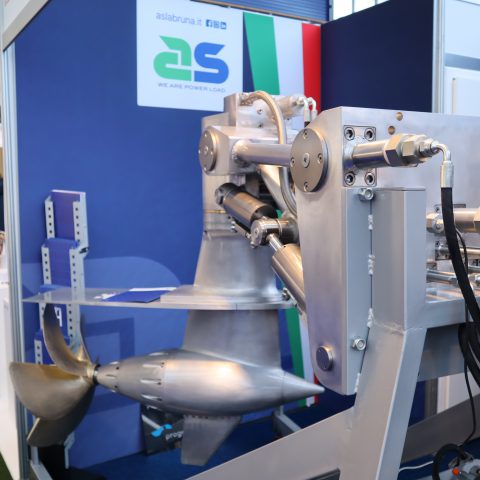
Among the most interesting new products we saw at MetsTrade 2019 is definitely the HydroPod developed by AS Labruna. It is a hydraulic pod capable to deliver 500 horsepower (almost 368 kW) and 2,500 Nm of torque. A product that – as Massimo Labruna told us – fits into a niche market traditionally reserved for surface propellers or IPS.
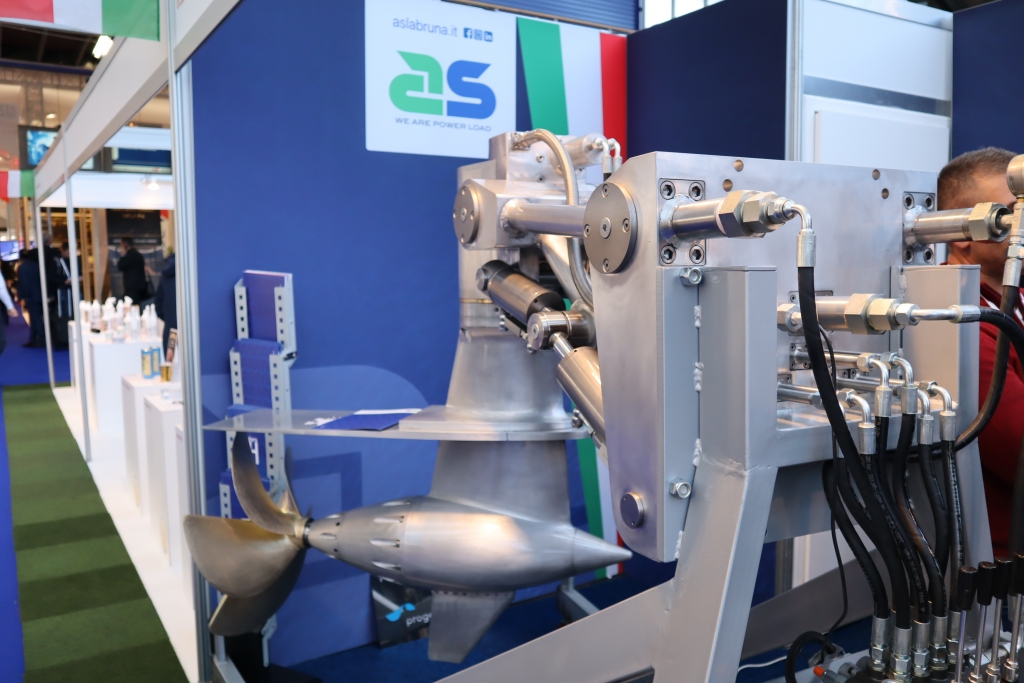
Simplified installation among the advantages of the HydroPod
«The HydroPod is capable of delivering the maximum torque at low rpm, then burning acceleration and a fast glide phase. The 360-degree rotation ensures the highest manoeuvrability. In addition, the hydraulic valves mounted on the cylinders ensure that, in the event of a collision, the pod lifts automatically, then without damaging the hull. Installation is very simple, thanks to an easily applicable plate, integrated with all connections, both electrical and hydraulic».
The HydroPod, fully designed in Italy, is suitable for medium or high speed boats. According to its layout, in fact, it can work as a pod or rather as a surface propeller.
AS LABRUNA AND THE IDEA OF PREDICTIVE MAINTENANCE
Also the Blue Hybrid System and the HydroPack
The presence of the Italian manufacturer at the Dutch exhibition was certainly not exhausted here. In two different stands, in fact, AS Labruna exhibited the Blue Hybrid System for pleasure crafts and the HydroPack, which allows not only to work, but also to navigate at zero emissions, i.e. operating winches, cranes or compressors by means of an electric motor.
